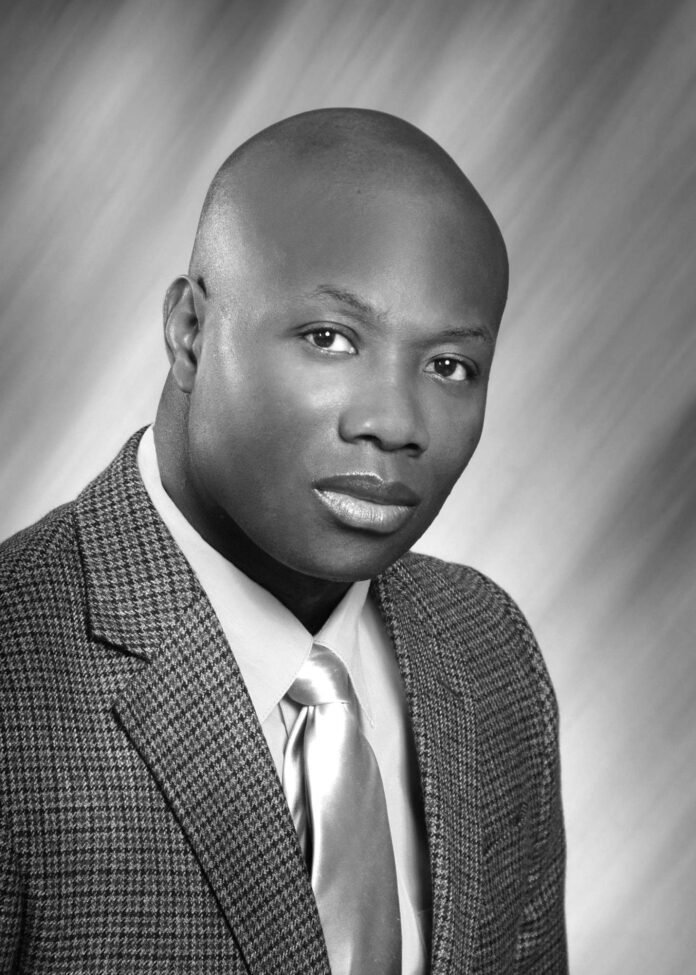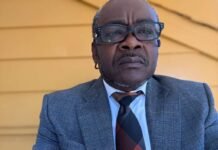Haitian Americans, mainly run as democrats, have not been successful as candidates in state and federal elections. Many fail to pass the primaries, often losing by wide margins even in heavily concentrated Haitian communities. Here are some main reasons behind their defeats and struggles to gain traction.
Reliance on the Haitian Vote and Community Disconnect
One of the primary reasons for these losses is the overreliance on the Haitian vote. Haitian-American candidates often assume that the Haitian community will automatically support them based on shared heritage. However, many lose even in Haitian-dominated precincts due toa lack of awareness and engagement. Many Haitians, particularly recent immigrants, do not know who these candidates are, nor are they familiar with their platforms. The candidates fail to build community recognition without assertive outreach and consistent engagement.
Lack of Support from the Democratic Party
Another critical factor is the lack of support from the Democratic Party itself. Haitian American candidates often find themselves isolated, with little institutional backing. National and state Democratic organizations prioritize candidates they believe have the best chances of winning in competitive districts. As a result, many Haitian American candidates run underfunded campaigns without the resources, endorsements, or infrastructure necessary to succeed in primaries that require significant financial and organizational investment.
Difficulty Connecting with Other Races
Haitian American candidates also struggle to connect with voters outside of their ethnic group. Florida’s diverse electorate requires candidates to build coalitions across racial and ethnic lines. Yet, many Haitian American candidates find it difficult to broaden their appeal beyond their community, making competing against more well-rounded campaigns challenging. While Haitian Americans may be passionate about specific issues, they often fail to articulate those concerns in ways that resonate with the broader electorate.
Fear of GOP Labeling
Running as a Republican is often considered political suicide in the Haitian American community, where the GOP is primarily viewed with suspicion. Haitian-Americans who may have conservative views or who are considering running as Republicans often fear being labeled “Uncle Toms,” betraying their community for political gain. This fear of backlash limits their options to the Democratic Party, where competition is fierce, and success is far from guaranteed.
The Misconception That All Haitians Vote Democrat
Finally, there is a pervasive misconception among many Haitian American candidates that all Haitians vote Democrat. While Black and immigrant communities have traditionally favored the Democratic Party, political diversity within the Haitian American community is growing. Some Haitians are disillusioned with the Democratic Party, while others may prioritize specific issues over party loyalty. Assuming uniformity within the Haitian vote can lead to complacency and poor campaign strategy.
The Path Forward
Despite these challenges, Haitian Americans have seen more success in local races. Candidates running for city councils, school boards, and county commissions have a better track record, as local races tend to be more accessible and require less financial backing. Haitian American candidates are also more likely to be recognized and supported within smaller, local communities where grassroots efforts can make a significant difference. This success at the local level is often the first step toward greater political representation, but the road to higher office remains an uphill battle.
For Haitian Americans in Florida to improve their political standing, they must reevaluate their campaign strategies by focusing on grassroots outreach within the Haitian community, building coalitions across racial and ethnic lines, and seeking more robust support from the Democratic Party. Additionally, they must engage in broader discussions within their communities about political diversity and the need for representation that reflects the full spectrum of Haitian American voices.
While Haitian American candidates may currently face challenges in advancing through Democratic primaries, their ongoing involvement in the political process is vital for the future of their community’s representation. With better organization, outreach, and support, Florida’s Haitian American political landscape could see a shift in the coming years.
Bobb Rousseau, PhD
Policy Consultant
Business Coach




